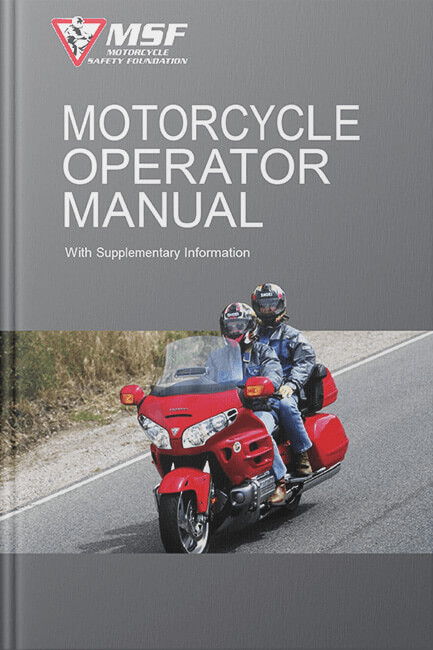Utah Motorcycle Manual Driver's Manual
To make studying easier, the Utah DMV handbook 2026 edition is available in multiple languages and comes with an audio version. Get interactive support with our AI assistant to clarify any complex terms.
Utah Motorcycle Manual Online 2026
Motorcycling is a great leisure activity on the beautiful roads of Utah.
Join the thousands of other motorcyclists this year and get your motorcycling license. This article will outline the steps you need to take in order to be a safe, responsible rider.
Licensing Requirements
According to Utah traffic laws, anyone who wants to operate a motorcycle on public roadways or highways requires a valid driver license with the motorcycle endorsement. Applicants may be issued temporary learner permits if they:
- Are at least 16 years of age
- Have a valid Class D or Commercial Driver License
- Pass the vision test
- Pass the motorcycle written test
Learner permits are valid for six months. Any applicant younger than 19 must have the learner permit for two months, or complete the BRC (Beginning Rider Course).
Skills Test
After practicing with the learner permit, applicants may decide to take the motorcycle skills test, which is the next step to getting the full endorsement. This practical test is made up of four parts:
- Cone weave, normal stop
- Turn from a stop, U-turn
- Quick stop
- Obstacle stop
Collision Avoidance
According to the Utah Department of Public Safety, the following are the top five reasons for motorcycle crashes on state highways:
- Speed was too high
- Followed another vehicle too closely
- Swerved or took some evasive action
- Failed to remain in the proper lane
- Ran off the road
It’s no exaggeration that motorcycling is a dangerous activity. However, with awareness of good collision avoidance techniques, you can help make the road a safer place to be.
Rider Training
The Utah Department of Public Safety offers rider training courses to teach special skills and strategies for staying safe on the road. There are two courses offered:
- Basic Rider Course (BRC) – This is a fifteen hour basic course, made up of five classroom hours and ten hours on the motorcycle in a controlled environment. This course teaches the proper techniques to shift gears, turn, stop, swerve and corner. If you successfully complete this course, you may be offered a reduced insurance premium.
- Experienced Rider Course (ERC) – This is a five hour course for the more experienced rider. This course teaches students how to manage risks, control rear-wheel skids, detect and avoid hazards and manage traction. This will help you explore new skills and limits. Successful graduates of this course may also qualify for a reduced insurance premium.
